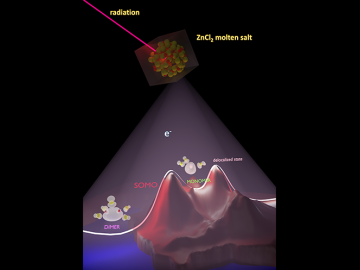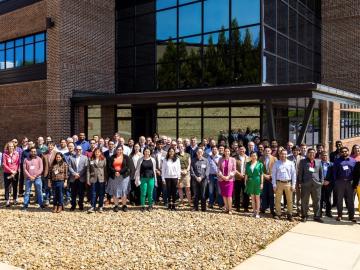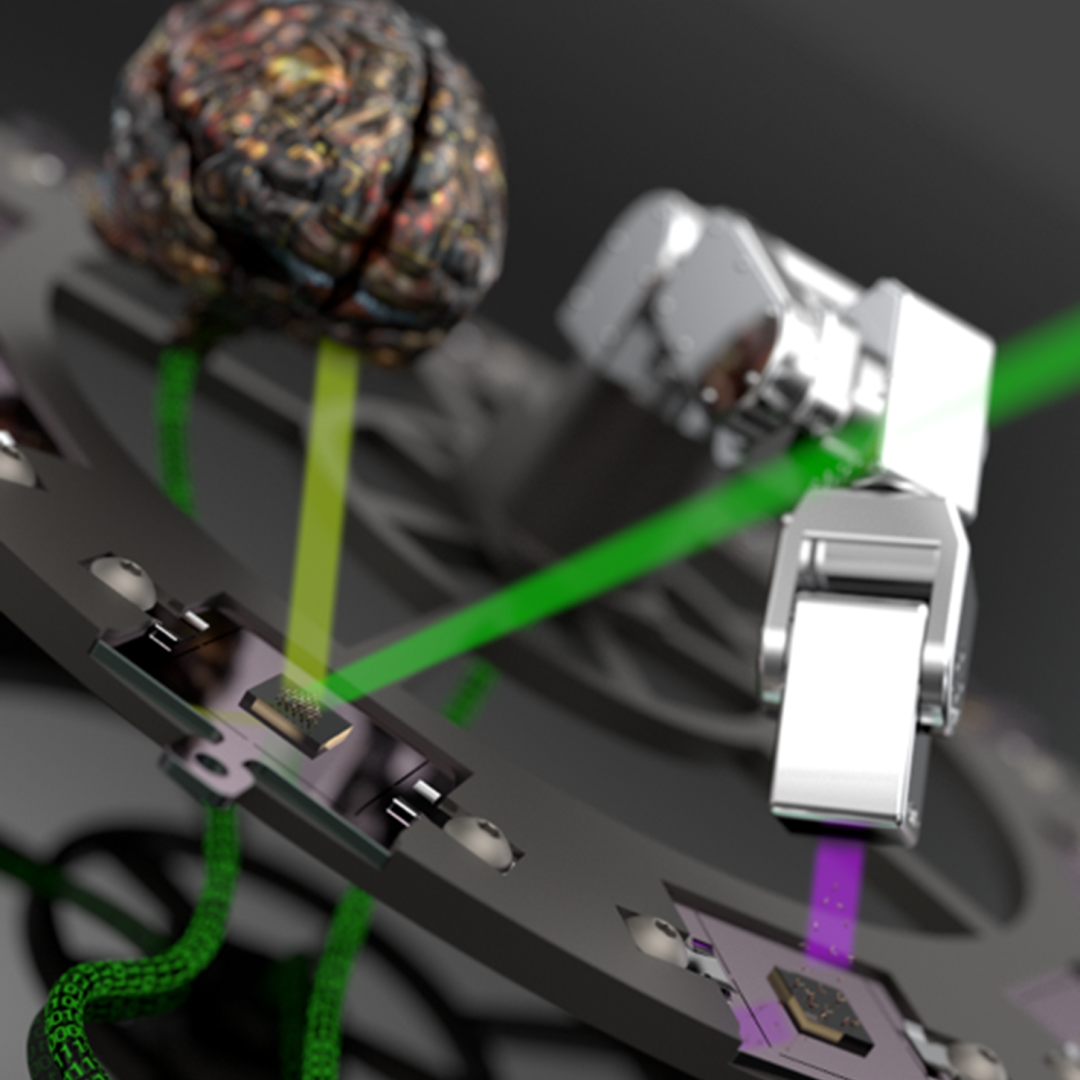Filter News
Area of Research
News Type
News Topics
- (-) Artificial Intelligence (1)
- (-) Molten Salt (1)
- 3-D Printing/Advanced Manufacturing (4)
- Advanced Reactors (2)
- Bioenergy (1)
- Biomedical (2)
- Buildings (3)
- Chemical Sciences (17)
- Climate Change (3)
- Composites (2)
- Computer Science (1)
- Coronavirus (1)
- Critical Materials (4)
- Decarbonization (5)
- Energy Storage (5)
- Environment (3)
- Exascale Computing (1)
- Frontier (1)
- Fusion (7)
- Grid (2)
- High-Performance Computing (1)
- Irradiation (1)
- Isotopes (4)
- Materials (40)
- Materials Science (7)
- Microscopy (3)
- Nanotechnology (3)
- Net Zero (2)
- Neutron Science (8)
- Nuclear Energy (12)
- Partnerships (7)
- Physics (9)
- Polymers (4)
- Quantum Computing (2)
- Quantum Science (1)
- Renewable Energy (1)
- Simulation (3)
- Sustainable Energy (1)
- Transportation (2)
Media Contacts

In a finding that helps elucidate how molten salts in advanced nuclear reactors might behave, scientists have shown how electrons interacting with the ions of the molten salt can form three states with different properties. Understanding these states can help predict the impact of radiation on the performance of salt-fueled reactors.

ORNL hosted its fourth Artificial Intelligence for Robust Engineering and Science, or AIRES, workshop from April 18-20. Over 100 attendees from government, academia and industry convened to identify research challenges and investment areas, carving the future of the discipline.




